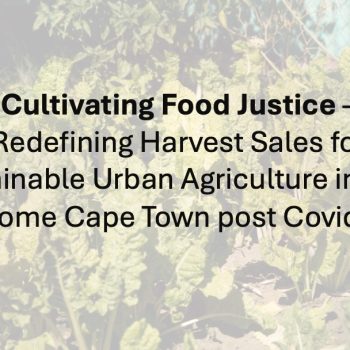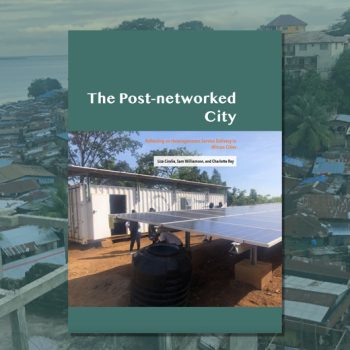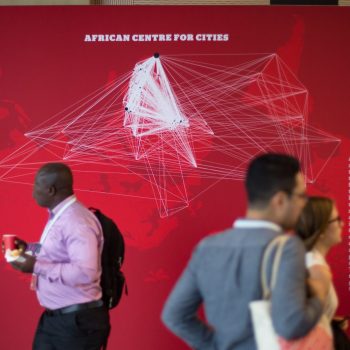Post-networked city: Sanitation, water and energy
The Post-networked city: Sanitation, water and energy project seeks to enhance the delivery of sustainable and resilient water, sanitation and energy services to marginalised communities inn Freetown, Sierra Leone, and Kampala, Uganda through high quality research that develops a mixed economy model of on-grid and off-grid systems. Central to our thinking is that both on-grid and off-grid systems should provide users with the same safety and adequacy of service. Our research has eight key objectives:
1. To develop and implement new and effective methods of analysing service delivery across cities in low- and middle income countries. This will allow the research team and its non-academic partners to determine the appropriate mix of on and off-grid delivery of water, sanitation and energy services to marginalised urban communities, and to develop dynamic plans for municipal authorities that incorporate spatial and temporal change in services.
2. To identify and demonstrate the most effective ways to supporting marginalised communities, and the most marginalised people within communities, to be fully engaged and active participants in making decisions about how services can be improved over multiple time-scales and demonstrate to municipal authorities and policy makers the advantages of such active engagement.
3. To co-develop and test local level improvements in water, sanitation and energy service delivery to marginalised communities in Freetown and Kampala that have the full support and active participation of communities, municipal authorities and service providers and which have the support of national policy makers.
4. To co-develop with municipal authorities, national policy-makers, communities and development partners, city-wide plans for the development of services in Freetown and Kampala that incorporate both on-grid and off-grid systems and which promote spatial and temporal evolution of services within each city.
5. To identify how to overcome the physical, technological, environmental, financial, economic, social and political barriers that constrain the expansion of formal on-grid services to marginalised communities in Freetown and Kampala.
6. To test the use of big data in developing service delivery plans for cities and to assess the degree to which such data can compensate for scarce official data and the degree to which it can complement official data in developing municipal plans.
7. To understand the role and business models of informal suppliers of water, sanitation and energy services in Freetown and Kampala and identify how these services can be improved and integrated as part of an overall mix of service delivery options operating in each city.
8. To produce risk maps for water, sanitation and energy systems in Freetown and Kampala to support operational managers and policy makers take decisions on risk management and mitigation in relation to both current and future
The project will develop and test improved systems to deliver water, sanitation and energy services to marginalised people living in urban areas. These services are selected because they represent the most fundamental needs of urban populations and are the focus of SDG 6 (water and sanitation) and SDG 7 (energy). Our work will support the achievement of SDG 11 (sustainable communities and cities).
Programme details
Guy Howard, Jitendra Agarwal, Maria Pregnolato, Katharine Robson Brown, Samuel Williamson, Sam Kayaga, Ksenia Chmutina, Rebecca Scott, Qiuhua Liang, Xilin Xia, Joseph Macarthy, Braima Koroma, Robinah Kulabako, Hillary Kasedde
University of Bristol, Loughborough University, Sierra Leone Urban Resource Centre, Makerere University
ESRC, UK Research and Innovation


